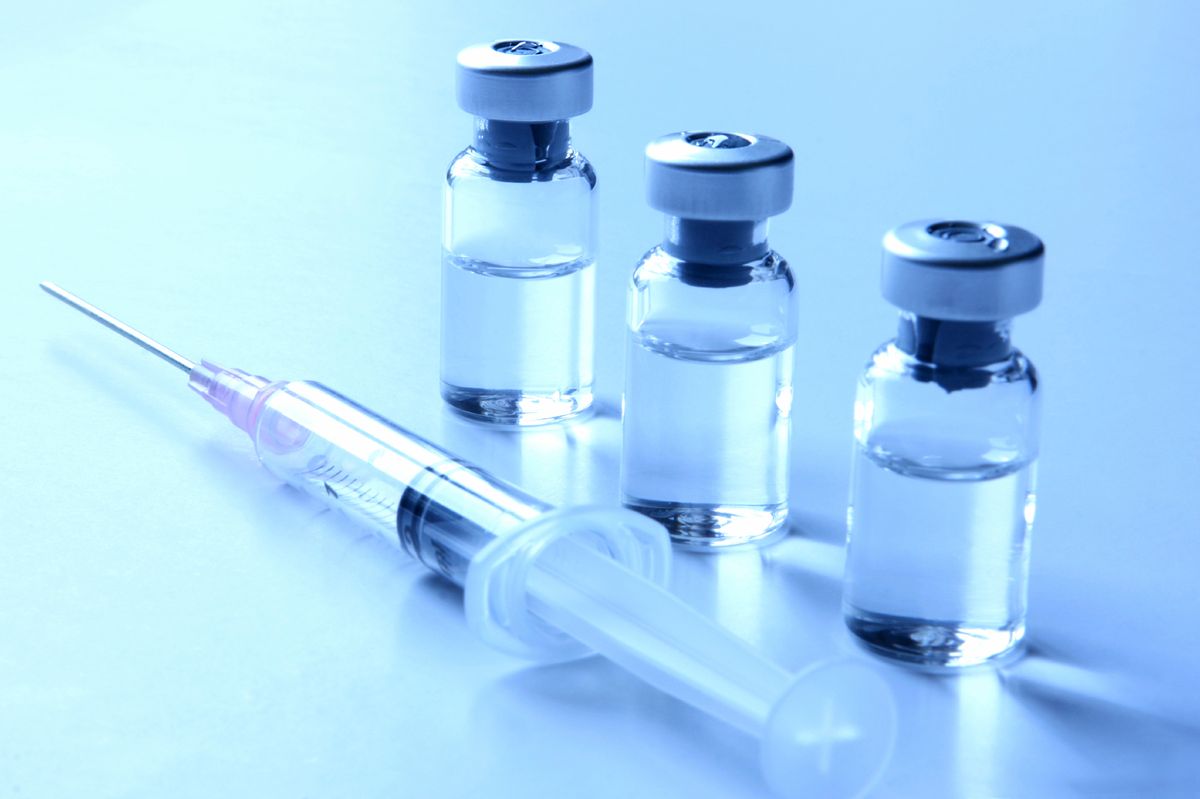- Bone Health
- Immunology
- Hematology
- Respiratory
- Dermatology
- Diabetes
- Gastroenterology
- Neurology
- Oncology
- Ophthalmology
- Rare Disease
- Rheumatology
Toothful or Toothless? Biden's Biosimilar Bills Under the Microscope
How much muscle did Congress invest in a pair of bills recently signed by President Biden? The answer may lie in your willingness to believe.
Two much-touted bills for biologics and biosimilar advancement went to President Joe Biden’s desk for signing recently and were approved, but the devil is in the details, and whether they are going to have a tangible effect on biosimilar access is debatable.
The legislation changes the language of the Federal Food, Drug, and Cosmetic Act and urges greater efforts by federal regulators to educate the public about biosimilars, often a lower-cost alternative to originator biologics. “The Ensuring Innovation Act and the Advancing Education on Biosimilars Act of 2021 are a much-needed boost to help normalize use of biosimilars, just as generics were normalized years ago,” said Joseph Leach, MD, chief medical officer of the pharmacy benefit manager Prime Therapeutics, which has successfully pushed for greater biosimilar use among its prescription drug plan participants.
The language of the education bill states that “The Secretary,” presumably the FDA, will work to “advance education and awareness” of biologics and biosimilars among health care providers. This would involve the creation of education programs on prescribing biologics. The new law also provides that the government “may” maintain and operate a website to provide educational materials for health care providers, patients, and caregivers about biologics and biosimilars.
Education Potential
There’s potential in the education bill in that it states that education efforts “shall” be directed at providers, said Chris Betti, PhD, an intellectual property attorney with Morgan Lewis specializing in biologics litigation. However, the act is “largely symbolic” because the FDA established a Biosimilars Action Plan in 2018 and that included the goal to educate providers and the public about biosimilars.
In addition, the act is heavily reliant on patients’ willingness to independently search out information about biosimilars and fill in any gaps by themselves. Simply dangling a website out there for patients may not have the desired effect, Betti said.
The Ensuring Innovation Act has its roots in efforts to break through originator biologic patent barriers that may prevent biosimilar developers from bringing their drugs to market, but in its approved form it isn’t capable of advancing that mission, Betti said. Patent thickets—clusters of patents created to protect the exclusivity of originator biologics—are likely to prove immune to the Ensuring Innovation Act.
This law has more value when it comes to clearing patent obstacles that hinder the emergence of small-molecule chemical compounds, otherwise known as generics, Betti said. “In the legislative history of this particular bill, there was a lot of discussion back and forth about biologics and what can be done about patent thickets. This bill does nothing to address biosimilars. Rather, it’s very narrowly focused on small molecules,” he said.
Wording Change Is Not Enough
The legislation changes the language of the Federal Food, Drug, and Cosmetic Act so that the words “active ingredient” are replaced with “active moiety.” This restricts the additional patenting that can be done when an originator company builds up a core drug compound with new active ingredients. Compounds are not biologics, though, as biologics are developed from living organisms. “This change has no effect on the biosimilars market and no effect on the exclusivity that is already given to biologics,” Betti said.
Patent thickets have the power to block biosimilar market entry from multiple angles, and addressing this is “not something that can be addressed by a very simple piece of legislation such as this. Some pretty substantial changes to the Patent Act would be required,” he said.
Newsletter
Where clinical, regulatory, and economic perspectives converge—sign up for Center for Biosimilars® emails to get expert insights on emerging treatment paradigms, biosimilar policy, and real-world outcomes that shape patient care.

